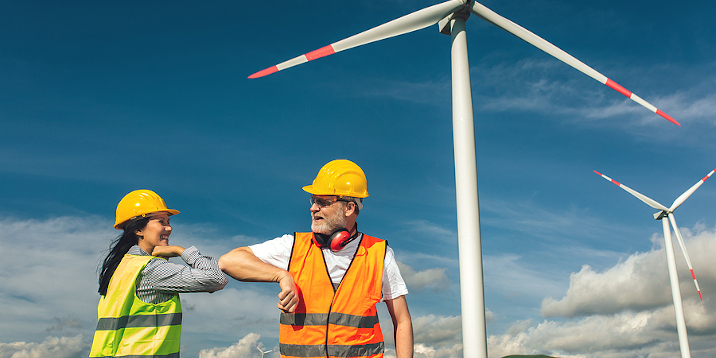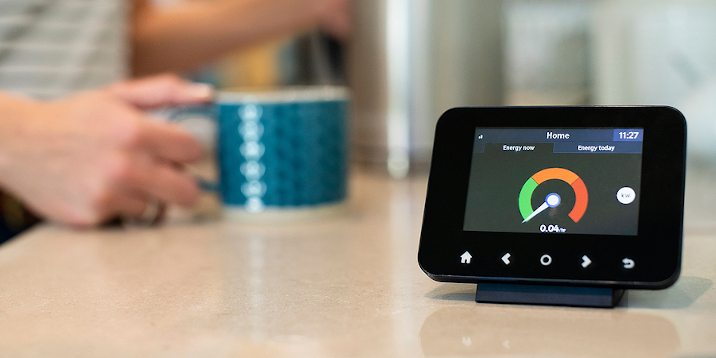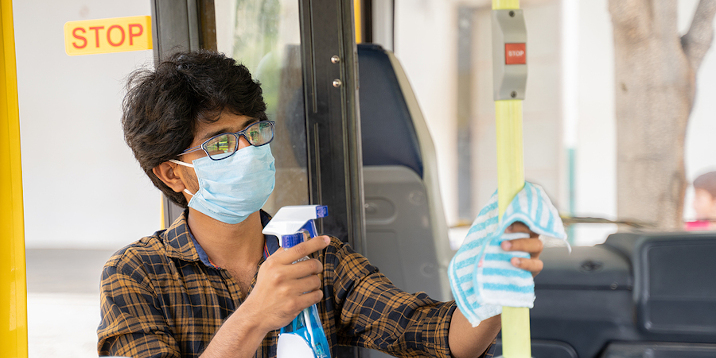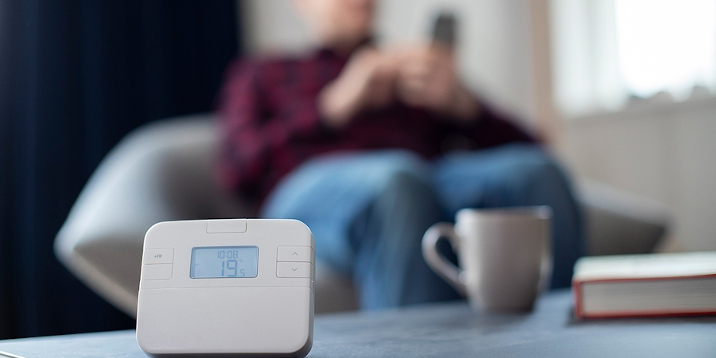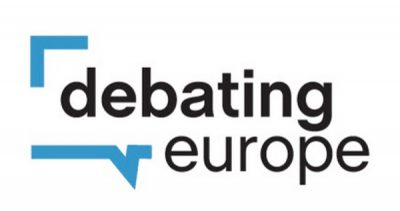
We see our interactive online citizen debates as particularly critical in contributing to social dialogue processes, which are urgently needed nowadays. We are all citizens, and as such, we all play a role in moving towards a clean, efficient, and sustainable energy transition. Thus, all citizens are invited to the debates and we see the opportunity to deliberate on energy issues as helping people become more engaged and potentially eager to act for a low-carbon future. These four online debates linked to our four SET-Plan aligned topics are being on the discussion platform ‘Debating Europe’ and will be our key channel to open the Forum to the citizen stakeholder community. Anyone can contribute to these debates, and the platform – has particular expertise in bringing young people into political debates.
President von der Leyen has pledged a “true recovery” with the European Green Deal at its heart. During her annual State of the Union address, the President of the European Commission called for “systemic modernisation across our economy, society and industry” in order to put the EU on a more sustainable path heading out of the crisis. Part of that plan includes boosting investment in the development and deployment of renewable and clean energy in order to reduce our dependence on fossil fuels.
How can Europe boost energy efficiency in all homes? Europe’s buildings are responsible for roughly 40% of the EU’s energy consumption and 36% of its CO2 emissions. Investing in energy-saving technologies such as smart meters, better performing materials (including next generation insulation) and digital tools can help consumers better control their energy consumption. However, even if these technologies may ultimately end up saving money over the long run, they may nevertheless require upfront investment that puts them out of reach for families on lower incomes. Should governments step in with grants and subsidies?
Could COVID-19 push public transport systems into a ‘death spiral’? For all the talk of a ‘green recovery’ from the pandemic, some analysts worry commuters may be tempted to make a permanent switch away from buses and trains to cars. Public transport systems are already struggling to cope with falling demand and ticket sales, as well as lowered passenger capacities due to social distancing requirements.
Could ‘smart energy’ save us money (and save the planet)? Energy efficiency is a key strategy in the fight against climate change and might also help pass on savings to consumers. Smart energy grids use sensors, data and even AI to better handle peaks and slumps in demand, improving energy efficiency and helping to address the issue of intermittency of renewable energy sources.
You can contact Maria Światkiewicz-Mośny, Jagiellonian University, maria.swiatkiewicz-mosny[at]uj

